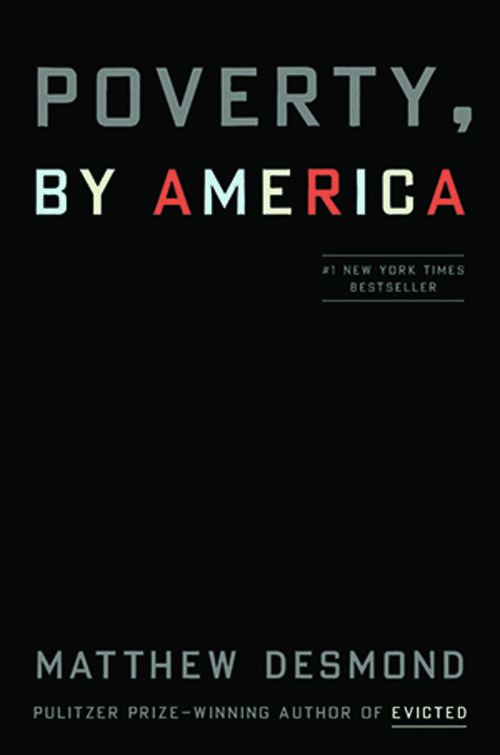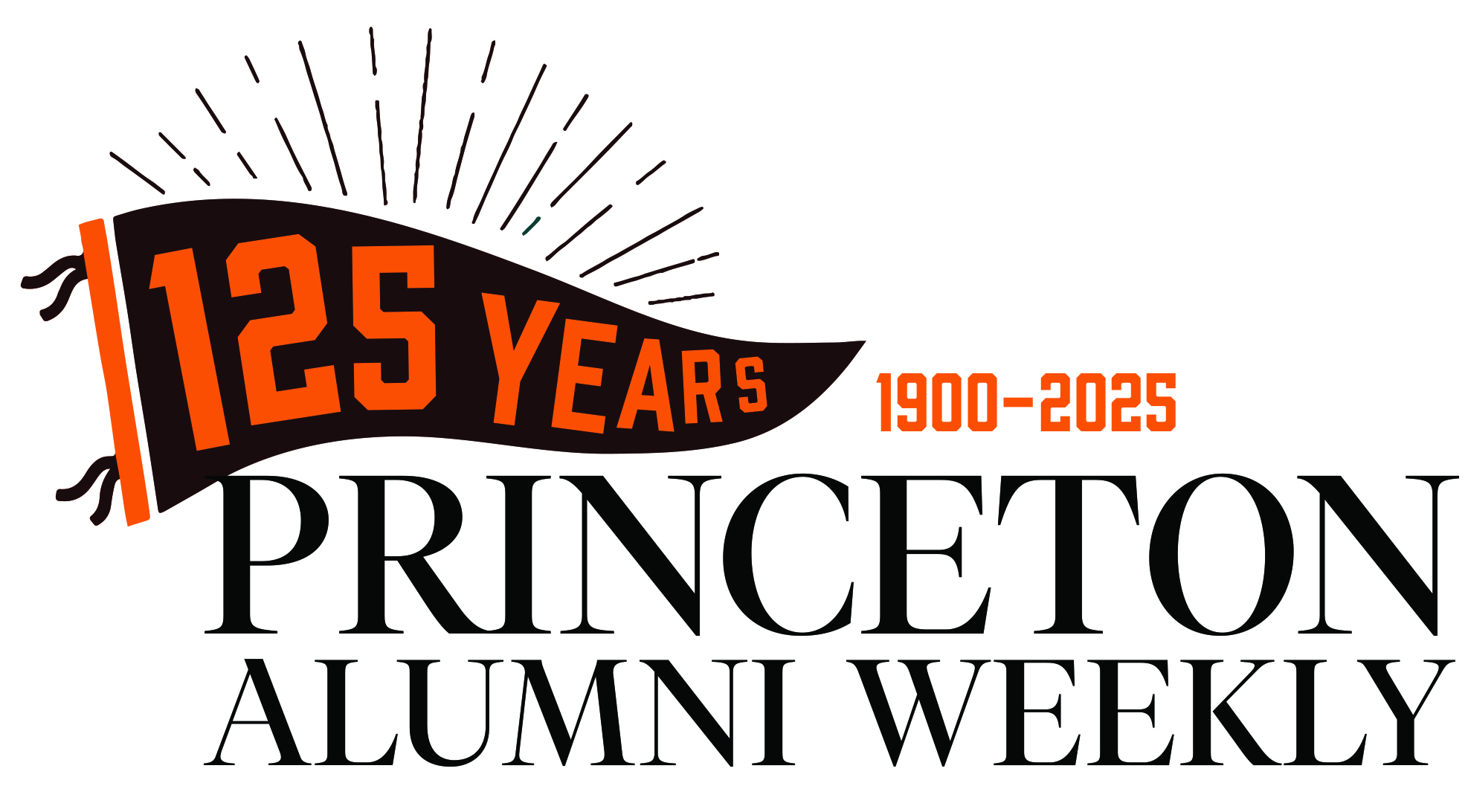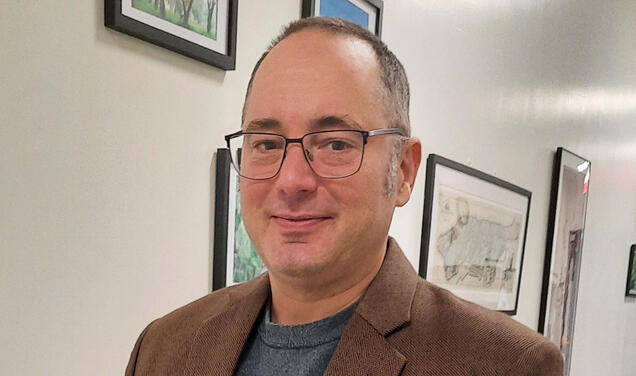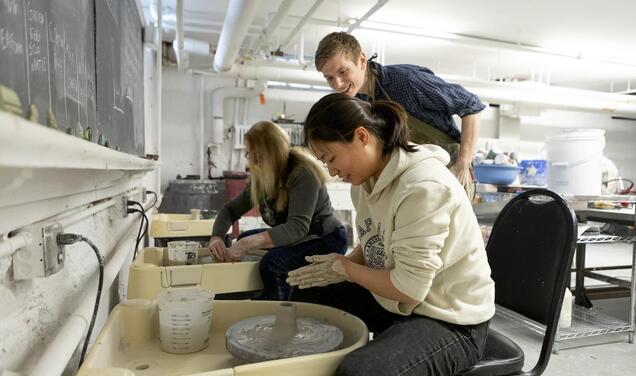Sociology Professor Argues American Economy Depends on Poverty
“Many of us are embroiled in these relationships of inequality that are not innocent,” says Matthew Desmond

Matthew Desmond grew up in a struggling family in Arizona. His childhood home was foreclosed on when his father lost his job as a pastor. But he didn’t experience the raw underside of poverty until he lived in a trailer park in Milwaukee while working on his dissertation at the University of Wisconsin.
He met families renting mobile homes on the south side of the city who had no hot water or heat, and one with sewage backing up into its bathtub. When Desmond asked to see the owner’s financial records for his research, he discovered that the landlord was earning more than $400,000 a year.
“It utterly changed my theory of poverty,” says Desmond, the Maurice P. During Professor of Sociology at Princeton, who came to believe that exploitation was one of the main causes of poverty. “I think there’s so much poverty in this country not in spite of our wealth, but because of it.”

The recognition that many Americans benefit from poverty became the foundation of Desmond’s book, Poverty, By America (Crown Publishing Group), published in March. The United States, the richest country on Earth, has more poverty than any other advanced democracy because Americans depend on it, he argues, from the landlords who charge exorbitant rents to the consumers who enjoy buying cheap goods.
“What this new book tries to do is ask us to really interrogate how we are connected to this problem and connected to the solution,” Desmond says. “This doesn’t mean we’re living our lives as greedy, selfish Americans, but it does mean that many of us are embroiled in these relationships of inequality that are not innocent, where there are winners and losers.”
The winners, in Desmond’s view, are the wealthiest Americans, who receive almost 40% more in government subsidies than the poorest families. The average household in the top 20% of income receives about $35,000 a year from the government, including tax benefits, social insurance, and financial aid for higher education. Families in the bottom 20% take home about $25,000 a year in government subsidies.
Desmond calls this imbalance the “misshapen welfare state,” because it favors those who need it the least. “We could end poverty in America effectively tomorrow if the richest among us took less from the government,” he says.
Poverty persists in America even as spending on anti-poverty programs such as Medicaid and food stamps has actually increased, Desmond says. During President Ronald Reagan’s first year in office in 1981, the government distributed about $1,000 per person in anti-poverty subsidies. In the first year of President Donald Trump’s term in 2017, that amount had increased to $3,400, adjusted for inflation.
Desmond blames the lack of progress in alleviating poverty primarily on two factors: low wages and the shortage of affordable housing. The declining power of unions and the decrease in wages for workers without college degrees have made it more difficult for people to climb out of poverty, he adds.
“In a way we’re spending more to stay in the same place because we’re not addressing exploitation [of] these fundamentals of American society: your jobs and your homes,” he says. “These fundamentals have gotten a lot worse for poor families.”
Most poor renting families spend more than half their income on housing costs, and only one in four households that qualify for any type of affordable housing receives it, says Desmond, author of the Pulitzer Prize-winning book Evicted: Poverty and Profit in the American City. Aggravating the problem is the refusal of many suburban communities, through exclusionary zoning, to allow affordable housing to be built within their borders.
New Jersey has set the standard for developing economically integrated housing, Desmond says, because of the Mount Laurel Decision, a 1975 ruling by the New Jersey Supreme Court that requires every municipality in the state to provide its fair share of affordable housing.
In April, Desmond took his sociology class, also called Poverty, By America, to visit the rental housing development built as a result of the controversial court decision in Mount Laurel. “It’s this beautiful housing complex,” he says, “and it’s had no effect on property values.”
Beyond building more affordable housing, Desmond also supports a deeper public investment in government spending to help the needy. During the pandemic, he notes that the government’s expanded child tax credit program, which increased direct payments to low- and moderate-income families with kids, cut childhood poverty by 46% in six months.
What he says is also needed is for Americans to become what he calls “poverty abolitionists” who shop and invest in ways that support economic justice for the poor. Poverty abolitionists are citizens who attend zoning board meetings to support affordable housing in their neighborhoods and patronize businesses that treat workers fairly.
“Like other abolitionist movements against slavery or mass incarceration, a poverty abolitionist views profiting from someone else’s pain as something that diminishes all of us,” Desmond says. “Those of us who commit ourselves to this mission will try to divest from poverty in our consumer choices and investment decisions. This is a movement to take poverty personally.”











0 Responses